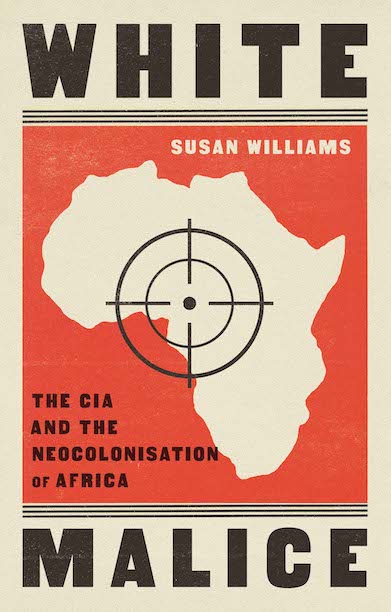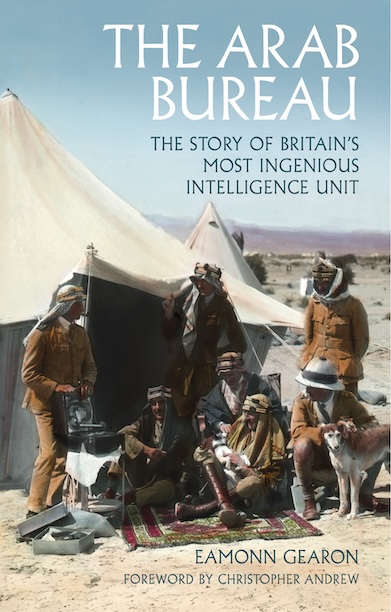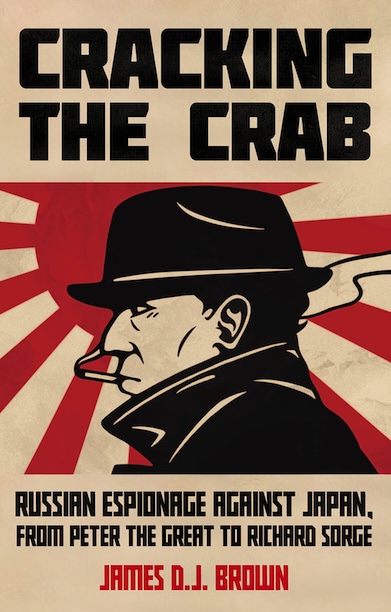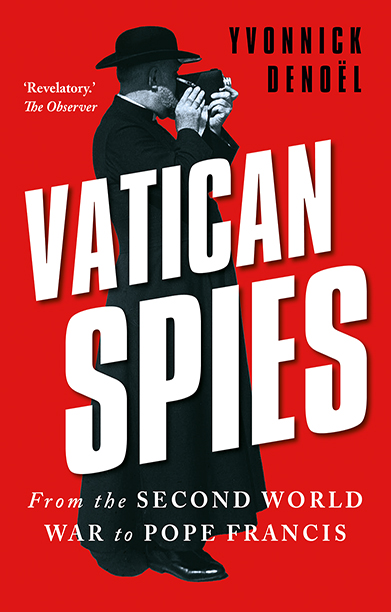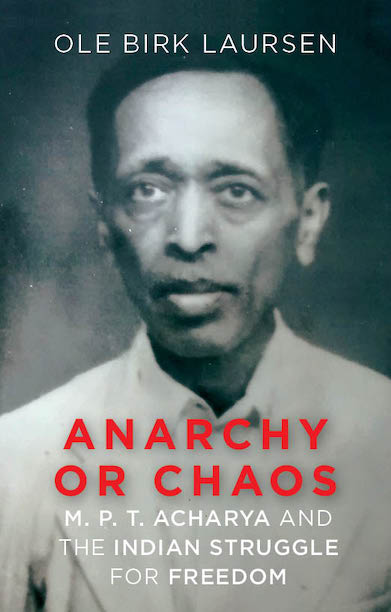White Malice
The CIA and the Neocolonisation of Africa
The shocking, untold story of how African independence was strangled at birth by America’s systematic interference.
A Counterfire Book of the Year 2022
Description
Accra, 1958. Africa’s liberation leaders have gathered for a conference, full of strength, purpose and vision. Newly independent Ghana’s Kwame Nkrumah and Congo’s Patrice Lumumba strike up a close partnership. Everything seems possible. But, within a few years, both men will have been targeted by the CIA, and their dream of true African autonomy undermined.
The United States, watching the Europeans withdraw from Africa, was determined to take control. Pan-Africanism was inspiring African Americans fighting for civil rights; the threat of Soviet influence over new African governments loomed; and the idea of an atomic reactor in black hands was unacceptable. The conclusion was simple: the US had to ‘recapture’ Africa, in the shadows, by any means necessary.
Renowned historian Susan Williams dives into the archives, revealing new, shocking details of America’s covert programme in Africa. The CIA crawled over the continent, poisoning the hopes of 1958 with secret agents and informants; surreptitious UN lobbying; cultural infiltration and bribery; assassinations and coups. As the colonisers moved out, the Americans swept in—with bitter consequences that reverberate in Africa to this day.
Reviews
Discover Susan Williams’s ‘Top 10 books on neocolonialism’ in The Guardian.
‘Despite the end of formal colonisation, these nations remained somewhat formally dependent on outside influences. Williams’ book does a very good job of tracing how that happens, how these independent countries remain in the US’ sphere of influence.’ Listen to Kevin Okoth and Jeremy Harding discuss White Malice on the LRB Podcast.
‘Williams does a nice line in intrigue. There is a John le Carré quality to many of the episodes [in White Malice]. CIA operatives turn up as journalists, interpreters, businessmen and private secretaries, sometimes bearing suitcases of cash. … [An] entertaining narrative.’ — Financial Times
‘Exposes the astonishing extent of the CIA’s activities across central and west Africa in the 1950s and early 60s.’ — The Observer
‘[White Malice] offers an alternative story of national liberation, told from the perspective of ‘minor’ characters. … What emerges from these testimonies is not a picture of tragedy, romance or against-the-odds heroism, but a sober assessment of the tough and sometimes impossible choices facing left-wing anti-colonial activists who were under pressure from foreign enemies and foreign allies alike.’ — London Review of Books
‘A revelatory, meticulous book.’ — UnHerd
‘This thoroughly-researched account of CIA interference in two newly independent African nations makes for sobering reading … sombre and sharp.’ — The Scotsman
‘[Susan Williams’] sensational book … [is] essential reading for anyone who wants to understand how low the West can go, and how imperialism has shaped African history.’ — Counterfire
‘This sensational book is a gripping read, a revelation even to those … who never had any illusions about the crimes committed by the CIA in the name of “freedom and democracy.”’ — Morning Star
‘Wonderful, a landmark.’ — Lobster Magazine
‘[White Malice] gives us an unprecedented look into the murky underworld of Cold War geopolitics and the motivations of its major players.’ — African Business
‘Devastating, superbly researched.’ — Daily Maverick
‘White Malice is a triumph of archival research.’ — Africa Is a Country
‘Written in such an engrossing journalistic style that it sometimes reads like a spy thriller.’ — Peace Now
‘A deeply distressing history of CIA involvement in plots to eliminate certain regimes in Africa, particularly in the Congo and Ghana, just as the countries shook off European colonial rule.’ — Kirkus Reviews
‘To Williams, I give the highest compliment I can give: I wish I had written this book!’ — Kim Scipes, Countercurrents
‘In this masterpiece of historical analysis on the dirty tricks of the CIA in Africa during the 1960s, Susan Williams delivers her magnum opus. This richly documented narrative is based on outstanding scholarly research … it could not be timelier in throwing light on the institutionalised racism and hypocrisy of Western powers.’ — Georges Nzongola-Ntalaja, Professor of African and Global Studies, University of North Carolina at Chapel Hill
‘Beautifully written and carefully researched. An important contribution to the history of Africa in the context of the Cold War, when the USA and the Soviet Union were locked in a struggle for African influence and control.’ — Martin Plaut, former Africa editor, BBC World Service, and co-author of Understanding South Africa
‘A compelling, meticulously researched account of decolonisation and the forces seeking to thwart that chaotic, protracted, but ultimately liberating process. An informative read which, in examining the death throes of the rapacious colonial project, lays bare the profound injustice imperialism inflicted on Africa and beyond.’ — Shashi Tharoor, Indian MP and author of Inglorious Empire
Author(s)

Dr Susan Williams is a senior research fellow in the School of Advanced Study, University of London. Her pathbreaking books include Who Killed Hammarskjöld?, which in 2015 triggered a new, ongoing UN investigation into the death of the UN Secretary-General; Spies in the Congo, which spotlights the link between US espionage in the Congo and the atomic bombs dropped on Japan in 1945; Colour Bar, the story of Botswana’s founding president, which was made into the major 2016 film A United Kingdom; and The People’s King, which presents an original perspective on the abdication of Edward VIII and his marriage to Wallis Simpson.
